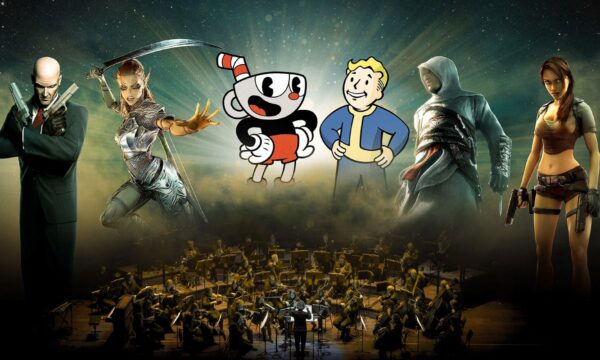Cultural recognition, and the fostering of a wider public understanding that games are a crucial art form and cultural medium, is vital. Games give players a chance to experience different cultures, express their identities and share their own human experiences and should be celebrated for this multifaceted impact.
As BAFTA’s Head of Games Luke Hebblethwaite explains: “Games are made by some of the world’s most talented people. Creating a dizzying diversity of incredible stories and experiences that explore our shared humanity, that connects us and bring us together in ways no other medium can…We [BAFTA] want everyone to see and understand games as an important an art form as any other.”
But how do we keep cutting through all the noise and ensure that even more people than ever recognise games for their cultural impact? And how do we unlock opportunities – like increased cultural funding incentives and access to untapped markets – that come with increased cultural recognition?
Here we capture what Nick Poole, CEO of Ukie, Cassia Curran, Curran Games founder and Raw Fury board member, and George Jijiashvili, senior industry analyst at Omdia, had to say when they shared their thoughts with Hebblethwaite at the 2025 Develop:Brighton conference…






